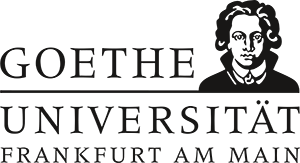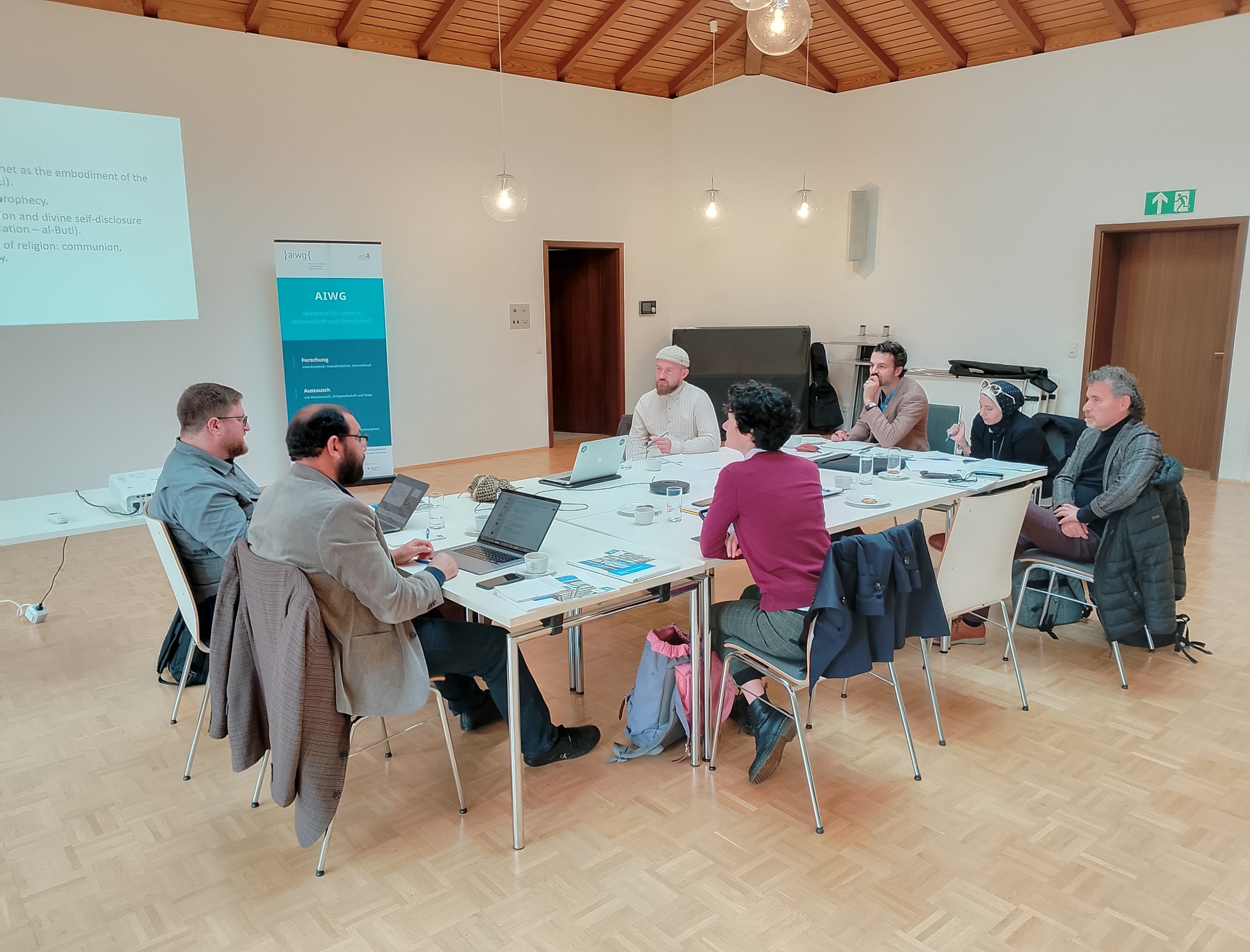AIWG research groups: Academic research needs exchange
What does the concept of digitality mean and how can we analytically grasp cyberspace? To what extent can hadiths be a medium for a dialogue-based encounter with the Prophet? To discuss these and other questions, the two AIWG research groups ‘Hadith’ and ‘Digitality’ with scholars located at different German Universities, recently met in Erfurt and Giessen for an intensive exchange.
In mid-November, scholars of the AIWG research group ‘Islam and Digitality: Media, Materiality, Hermeneutics’ convened for their first collaborative project meeting in Erfurt. The first part of the workshop focused on theoretical examinations of the concepts of digitality and religion. As part of their exchange, a fruitful discussion on the relationship between orality, literacy and digitality took place. Particularly in European thought, literacy is regarded as a more progressive and credible form of communication. In the religious context of narrating hadiths the tables turn – here, personal oral communication usually counts as ‘gold standard’. Digital communication enables both oral and written communication of religious content, whereby both forms of communication transform. In the second part of the workshop, project scholars presented specific examples from their research. Together with invited expert Markus Brodthage from Martin Luther Universität Halle-Wittenberg, participants tested the documentary method for analyzing religious content on social media platforms such as Instagram and TikTok.
The project module at the Goethe-University Frankfurt focuses on historical narratives in online discourse. Examples from their research included the role of female companions of the Prophet Muhammad in content created by Muslim influencers and the depiction of early Islamic power struggles and civil wars to construct a specifically Shiite historical perspective. The Erfurt sub-project analyses the aesthetics of audiovisual media. The colleagues presented research material on the online presence of Ahmadiyya Muslim Jamaat as well as Muslim online content created by using artificial intelligence. The sub-project on hadith in digital spaces at the Humboldt University Berlin will organize the next project meeting in May 2025.

The collaborative research project ‘Islam and Digitality’ is based at the universities of Frankfurt am Main, Berlin and Erfurt. For the first time, it deals with questions that have that have so far rarely been the subject of Islamic studies and theology. In addition to asking how digitalisaton affects the shaping of religious practices and the construction of religious knowledge, the researchers explore the following aspects in their multi-year research project: What effects does the use of digital research tools and resources have on Islamic theology as an academic discipline? How do digitally constructed and mediated historical perceptions of Islam relate to current discourses on religious identity and remembrance? How does digitalisation affect hadith collections and their interpretations? How do Muslim theologians use social media to convey their views on what Islam is and how it should be lived, interpreted, and proclaimed in podcasts, images, and videos?
The research group will present current contributions and news from the project on its website www.islamdigitality.com.
What significance do hadiths have for Muslim life today?
The AIWG research group ‘In conversation with Prophet Muhammad?’ likewise met for an inter-premise project meeting in Giessen during autumn. Using the subtitle ‘Hadith between life relevance and discordance in history, theology and pedagogy, the participating researchers investigate the traditional testimonies of prophetic proclamation, so-called hadiths, and examine their role in the everyday religious practice of many Muslims. Scholars from the Eberhard Karls University Tübingen, Humboldt-University Berlin, and Justus Liebig University Giessen deal with different issues, such as: Who or what is speaking in the hadith? What can this text communicate to Muslims today and what not? To what extent can hadiths represent a medium for a dialogue-based encounter with the Prophet Muhammad, which Muslims can experience as providing orientation and meaning?
The October meeting particularly focused on exchange of content and interdisciplinary discussion of overarching issues. Scholars at the University of Tübingen presented excerpts from their work on a critical discussion of controversial hadiths within the field of tension between tradition and modern value discourses as well as an analysis of identity and alterity discourses in contemporary Sīra literature, i.e. narratives about the life of Muhammad.
Scholars from the University of Giessen focus on analyzing the selection and presentation of hadiths in curricula and textbooks for Islamic religious education at primary schools and in mosques. During their research workshop, they presented criteria for analyzing textbooks applied to the teaching materials that had already been examined. The Berlin subproject introduced hermeneutical analysis tools that have been established in post-canonical hadith scholarship to improve the understanding of hadiths. Notably, they addressed the relevance and function of the asbāb al-wurūd genre, the occasions of the Prophet’s utterances. This genre offers important insights into historical contextualization of hadiths and provides an analytical framework for interpreting what has been identified as problematic hadiths. The sub-project in Berlin dedicates itself to perceptions of the Prophet in Islamic intellectual history. The next meeting of this AIWG research group will take place in Berlin in February 2025.
Further information on the AIWG research groups is available on the AIWG website at:







